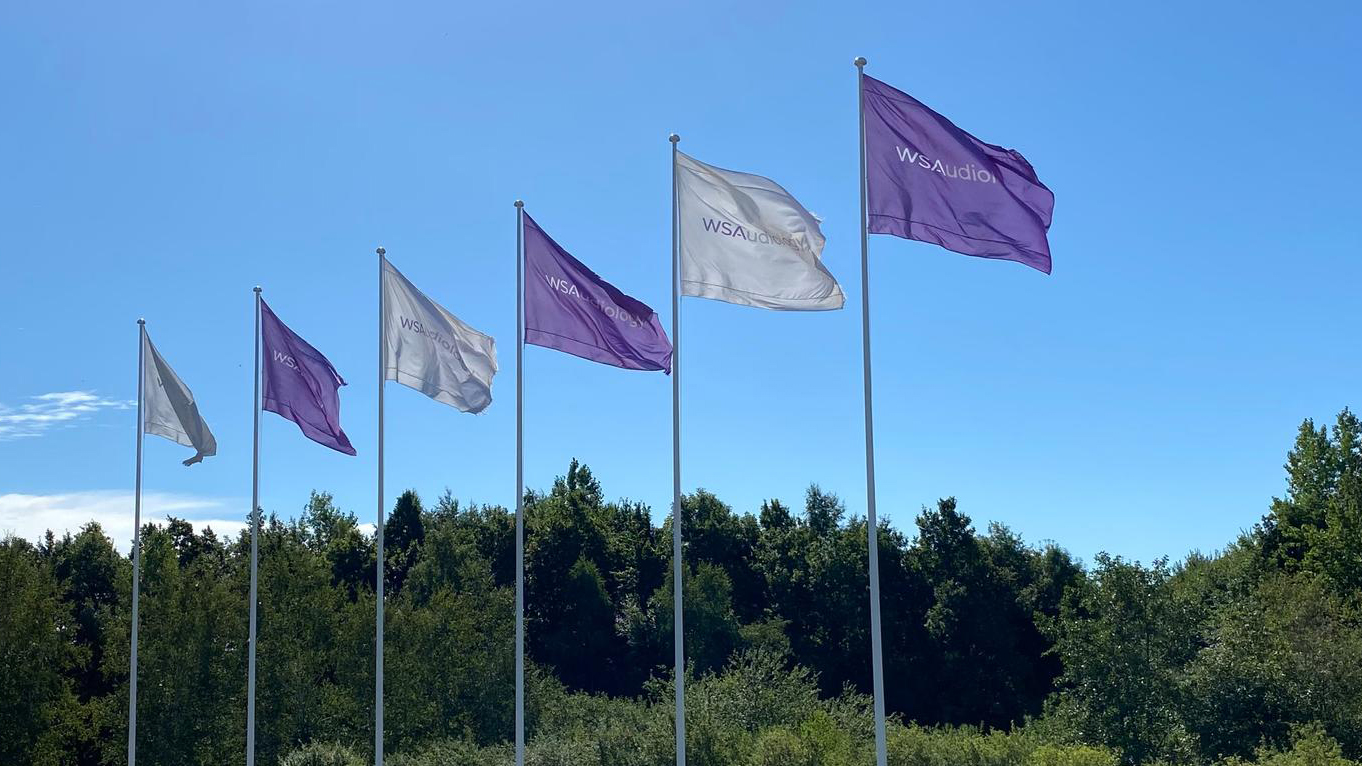.
WSA Statement on Florida Teleaudiology Legislation – Updated April 2, 2025
25 Mar 2025

April 2, 2025
Last week, we shared WSA’s official position on Senate Bill 126 and House Bill 101, including the specific safeguards we believe must be in place to ensure both access and patient protection. That position has not changed.
We support expanding access to hearing care in Florida, but ONLY when it is delivered responsibly, ethically, and under the direct supervision of licensed professionals.
Over the past several weeks, we have had constructive dialogue with industry associations, HCPs and Florida legislators to shape the Senate Bill 126 to include amendments that would require that all testing and fitting is conducted by a Florida-licensed audiologist or HAS and restrict mail-order prescription hearing aids to adults aged 18 and older.
We are now turning our efforts to advocating that these same provisions are included in HB 101, as it currently lacks the necessary protections for children.
We have made an official submission to House Representative Anderson stating that these requirements must be included in the bill. Without these protections, the bill falls short of the standard of care that Florida patients deserve.
- Prescription hearing aids prescribed and delivered through the mail must be limited to adults 18 and older
- All testing and fitting must be conducted by Florida-licensed audiologists or hearing aid specialists
There has always been broad consensus that pediatric patients should not be included in the mail-order delivery of prescription hearing aids. We feel confident that we can work together with our industry partners to secure these amendments.
Florida is home to nearly 5 million seniors and 1.5 million veterans – many of whom remain underserved. By combining the state’s experienced network of audiologists and hearing aid specialists with teleaudiology for appropriate cases, we can expand access without compromising care. We do not see this model as a replacement for in person care, but a complementary means to help providers meet their patients. This model works when it’s done with clear standards, clinical safeguards, and licensed professionals guiding every step.
It’s essential that the professional expertise of Florida’s audiologists and hearing care specialists is integrated into this bill. Their leadership is vital as the industry aligns around modernizing access to care. We remain committed to working together to ensure that any policy reflects the highest standards of patient protection, clinical integrity, and provider oversight.
We are grateful for the many constructive and content-based discussions we had in the past weeks and are looking forward to seeing access to hearing healthcare being expanded in Florida in the right way.
March 25, 2025
We believe that patients – and the licensed providers who serve them – are at the heart of hearing healthcare. We are deeply committed to upholding the highest standards of patient care and ensuring that licensed providers are involved in the testing and fitting of prescription hearing aids for patients from start to finish.
We want to clarify our role in the recent Florida legislation – Senate Bill 126 and House Bill 101. This proposal seeks to lift Florida’s longstanding ban on the mail-order distribution of prescription hearing aids.
Today, telehealth is accepted in 48 states and is endorsed by the American Academy of Audiology (AAA) and the Academy of Doctors of Audiology (ADA). WSA also believes telehealth is a tool to improve access – particularly for individuals who cannot easily visit a clinic or who prefer care from home. It is NOT a replacement for traditional care, but a complementary pathway that expands options for patients.
That said, telehealth must be implemented responsibly. It must maintain rigorous standards and require that Florida-licensed professionals oversee the entire process.
To that end, we have had constructive dialogue with professionals, including the Florida Hearing Society and are working together to strengthen the language in the proposed bills. Specifically, we support amendments that would:
- Require that all testing and fitting procedures be conducted by a Florida-licensed audiologist or HAS as defined under s. 468.1225 and s. 484.0501
- Restrict mail-order prescription hearing aids to adults aged 18 and older, excluding children from this provision
- Provide a patient-centred approach to maintain flexibility without compromising care
We have also made clear that we do not support the current version of HB 101, as it lacks the necessary protections for children and weakens standards, we believe are essential.
WSA remains committed to collaboration, transparency, and putting patients first. We look forward to working with our partners and state legislators to advance hearing healthcare in a way that is both accessible and professionally grounded.